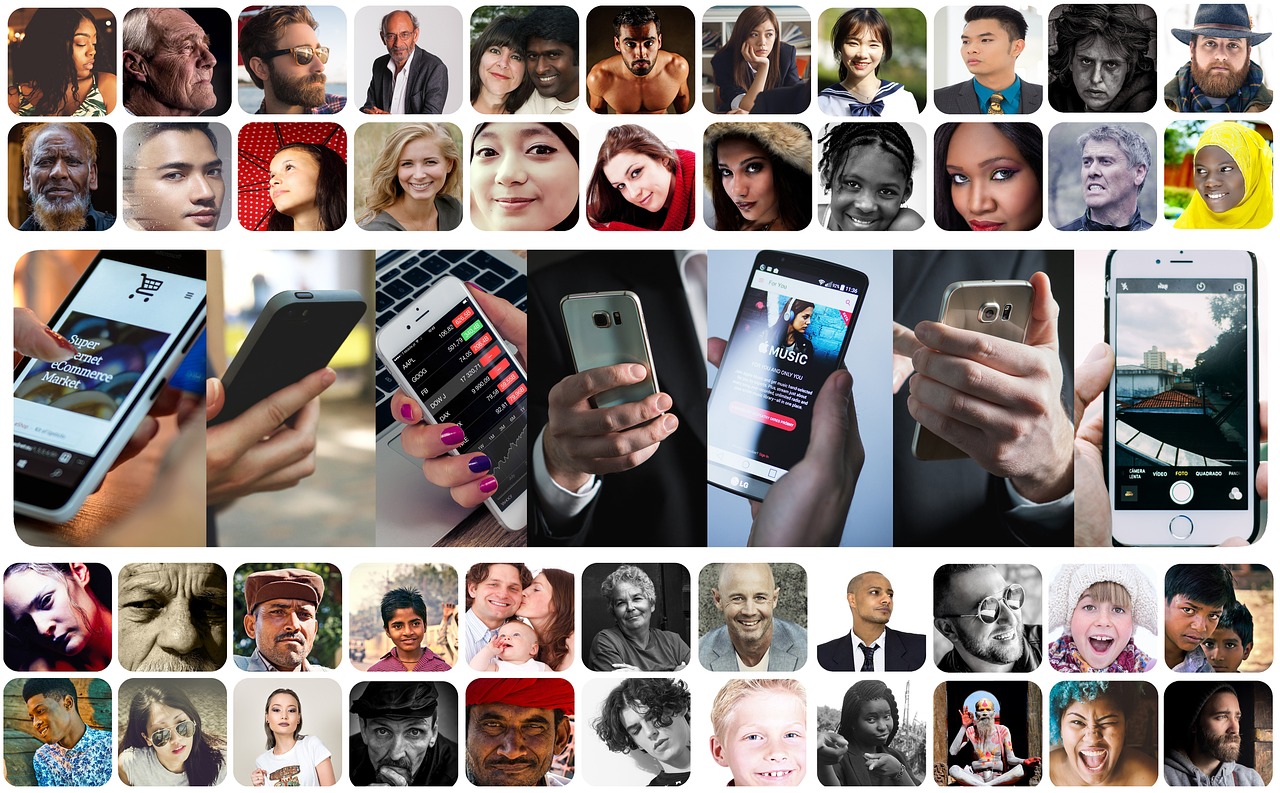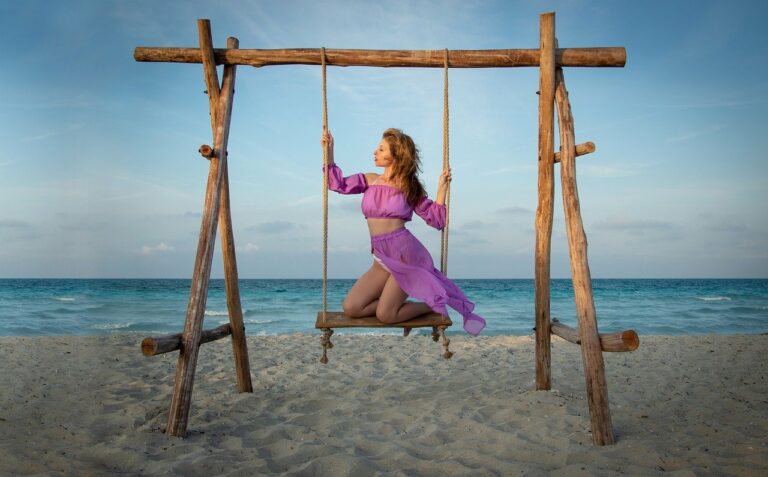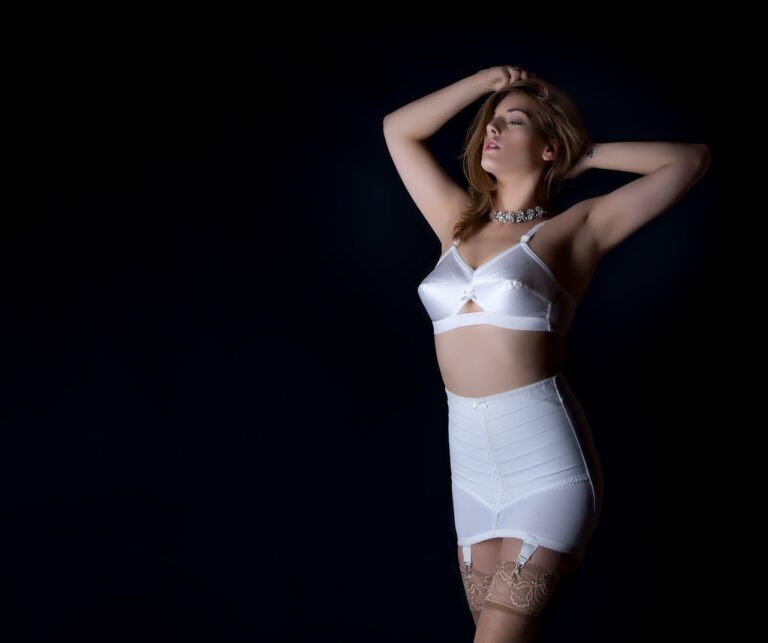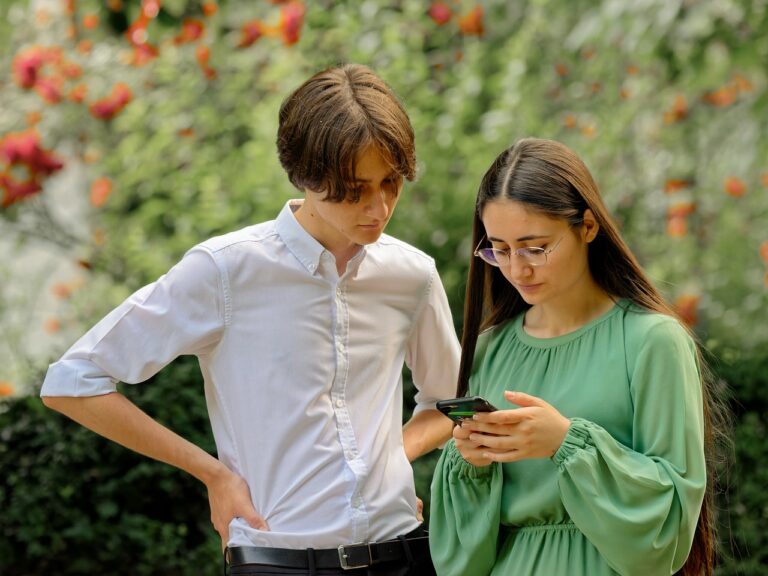The Psychology of Fashion: How Clothing Reflects Lifestyle
Fashion choices are strongly influenced by culture and traditions that vary across different regions. Cultural values, beliefs, and history all play a significant role in shaping individuals’ preferences in clothing. For instance, in some cultures, vibrant colors and intricate patterns are favored, while in others, minimalistic and neutral attire is more common.
Moreover, specific occasions and ceremonies within a culture dictate appropriate attire, such as traditional dress worn during festivals or ceremonies. Clothing often serves as a form of expression of one’s cultural identity and heritage, highlighting the rich diversity found in fashion across the globe. Understanding the impact of culture on fashion choices is crucial in appreciating the unique perspectives and styles that different cultures contribute to the ever-evolving world of fashion.
• In some cultures, traditional attire holds significant importance and is worn with pride during special events or celebrations.
• Cultural symbols and motifs are often incorporated into fashion designs, adding a touch of heritage to modern clothing trends.
• Fashion designers frequently draw inspiration from various cultures, resulting in diverse collections that celebrate global influences.
• The fusion of different cultural elements in fashion creates a beautiful tapestry of styles, reflecting the interconnected nature of our world.
Understanding the Role of Social Media in Shaping Fashion Trends
With the rise of social media platforms, fashion trends are now being shaped and influenced in ways we have never seen before. Platforms like Instagram, TikTok, and Pinterest have become powerful tools for fashion influencers and brands to showcase their latest styles and creations to a global audience almost instantaneously.
The instantaneous nature of social media allows trends to spread like wildfire, reaching millions of users within hours. The constant stream of content and visual inspiration on these platforms has created a fast-paced environment where trends can emerge and fade away in a matter of days, unlike in the past where fashion cycles were much slower. The democratization of fashion through social media has also given individuals the opportunity to express their unique style and preferences, shaping the overall landscape of fashion in a more diverse and inclusive way.
The Connection Between Personality and Clothing Preferences
When it comes to your fashion choices, have you ever stopped to consider the connection between your personality and the clothes you wear? It’s intriguing how one’s choice of attire can often reflect aspects of their character and individuality. The way we dress can be a direct expression of our unique traits and preferences, serving as a visual representation of who we are and how we wish to be perceived by others.
For some individuals, their clothing preferences may be influenced by their level of extraversion or introversion. Extroverts, known for their outgoing and sociable nature, might gravitate towards bold and expressive styles that help them stand out in a crowd. On the other hand, introverts, who tend to be more reserved and introspective, may lean towards subtle and understated fashion choices that allow them to blend in while still maintaining a sense of personal style.
How does culture influence fashion choices?
Culture plays a significant role in shaping fashion choices as it reflects the values, beliefs, and traditions of a particular society. Different cultures have unique styles and trends that impact the way people dress.
How does social media influence fashion trends?
Social media has a powerful influence on fashion trends as it allows for the rapid spread of images and information. Platforms like Instagram and TikTok have become popular sources for discovering new styles and influencing purchasing decisions.
Is there a connection between personality and clothing preferences?
Yes, research has shown that there is a connection between personality and clothing preferences. People tend to choose clothing that reflects their individuality, values, and self-expression. Introverted individuals may prefer more neutral and understated styles, while extroverted individuals may gravitate towards bold and colorful clothing choices.







